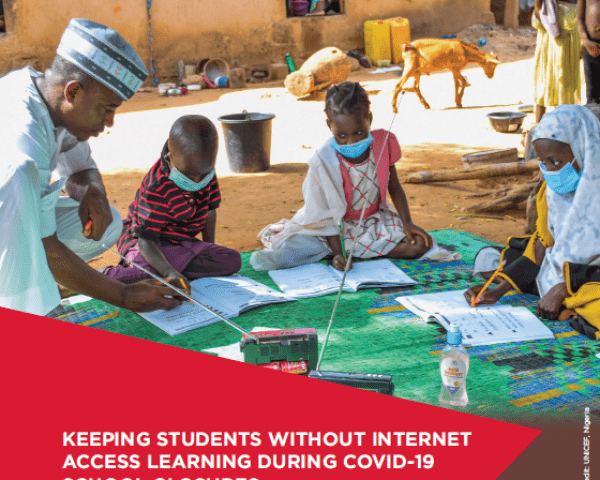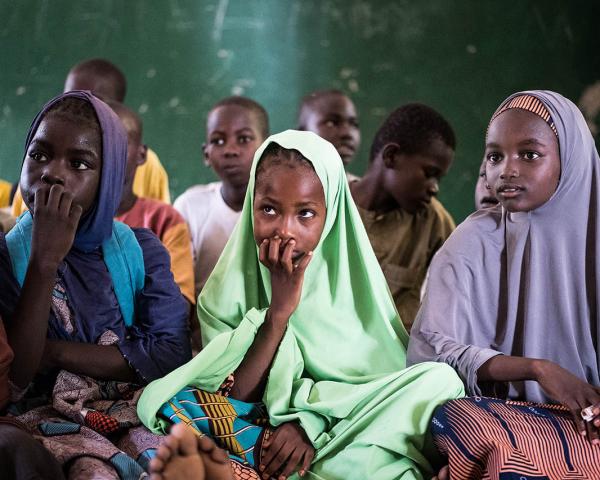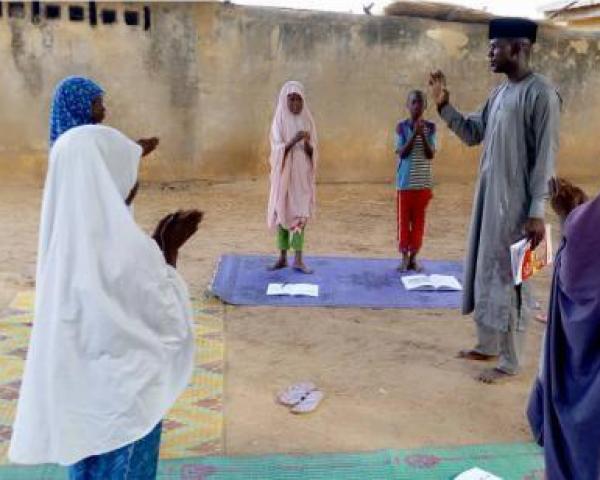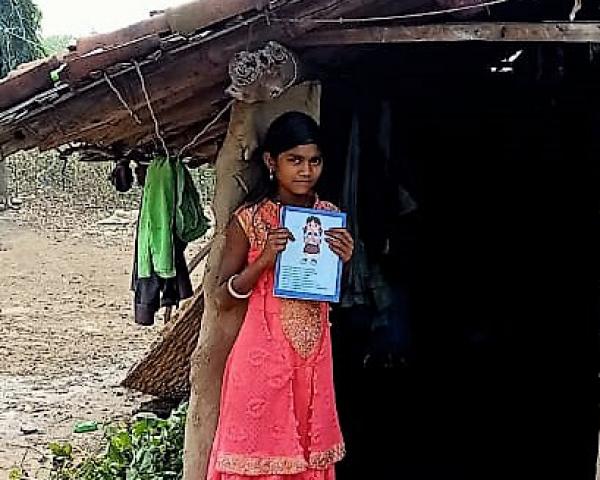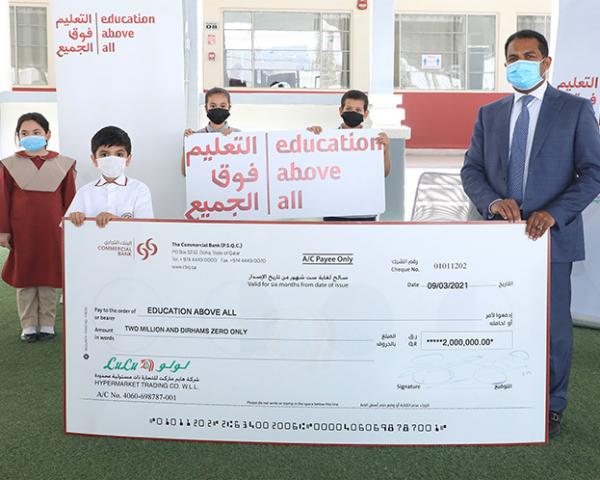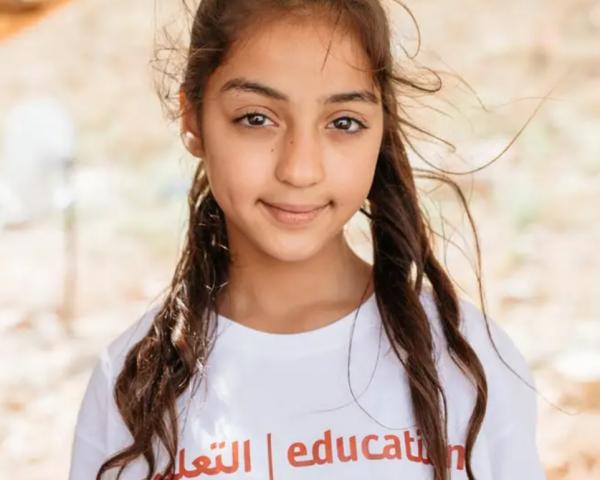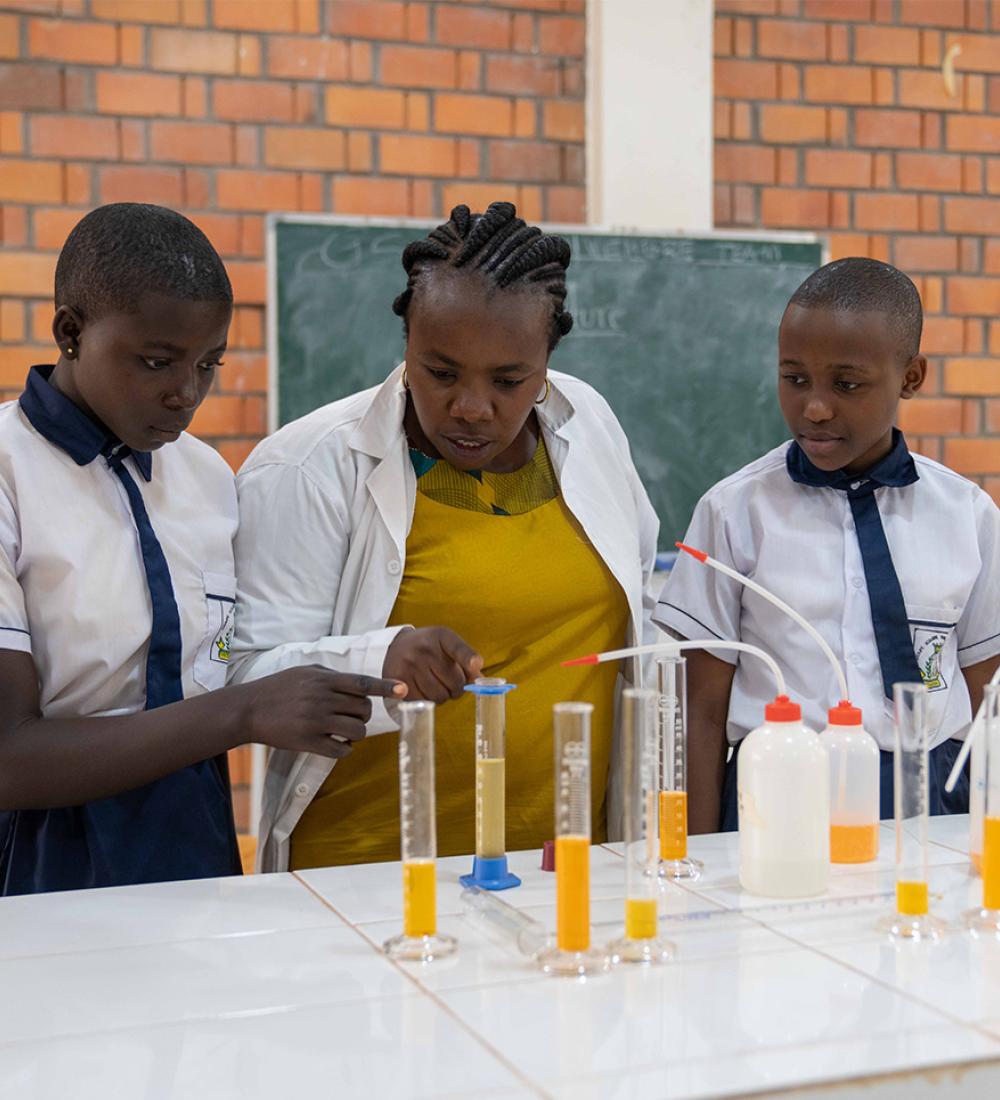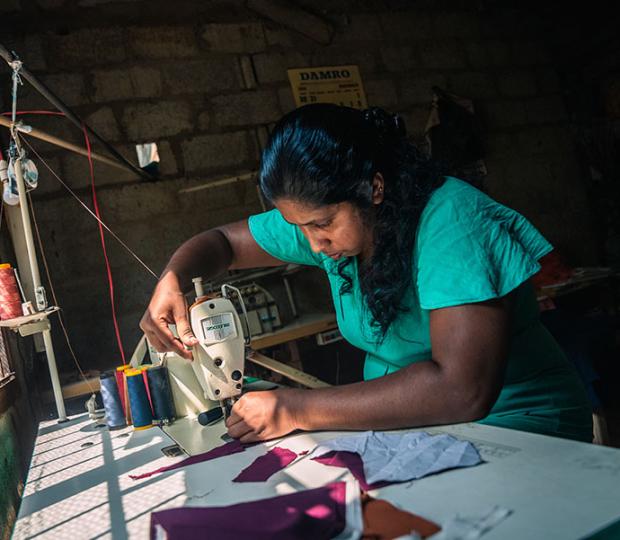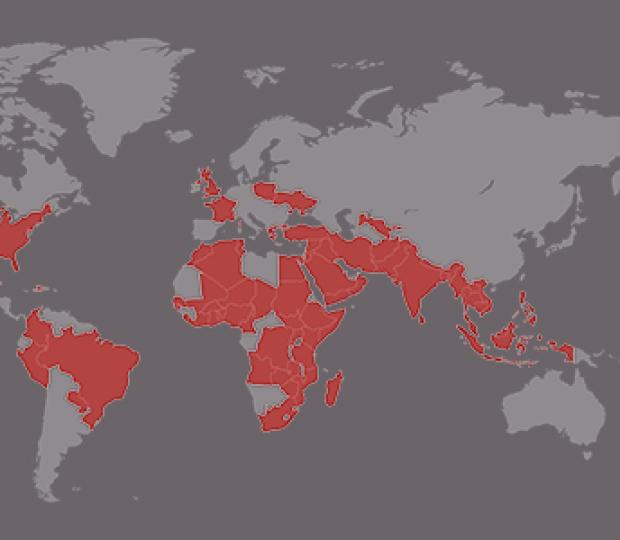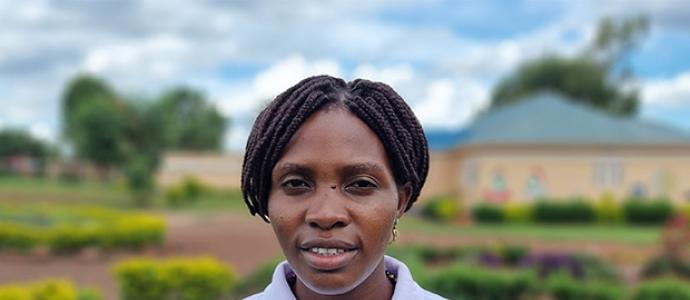EAA and its Global Partners Calls for Increase in Investment in Education to Avert Catastrophe
An unprecedented global coalition of organizations called for urgent investment in education today to prevent a generational catastrophe. Launching a joint white paper at the Global Education Meeting hosted by UNESCO, the Save Our Future campaign – a movement of the biggest education multilaterals in partnership with over 600 civil society organizations, research organizations, foundations, media, youth and influencers – put forward an evidence-based roadmap with concrete recommendations for governments to build education systems back better for post-COVID-19 recovery.
Ninety percent of students in all countries and continents – 1.6 billion children and youth – had their education disrupted due to the pandemic. Never before have so many children missed out on school. This is the greatest disruption of education systems in history. With the catalytic impact education has across health, jobs, income growth, climate change, poverty reduction, and social justice, the next generation faces devastating consequences if we do not address this education emergency.
Despite the dire and known social and economic impacts of this fast-growing education emergency, there is imminent risk that governments will deprioritize investments in education as they make short-term fiscal responses to the pandemic. This means that low- and lower-middle-income countries could face an annual financing gap of about $200 billion. If governments and development partners do not act urgently, this crisis could turn into a catastrophe from which millions of children may never recover.
The Save Our Future white paper calls on governments and the international community to commit to ensure they protect education budgets and target budgets to those left furthest behind, fully finance education as a key part of the COVID recovery, improve coordination, and use of evidence to ensure education funding achieves maximum impact.
In addition, governments should also prioritize reopening schools, resume delivering vital services such as health and nutrition to children, and protect and treat the education workforce as frontline workers, Transform education – making it more inclusive, engaging, and adaptive so that it can act as the engine of sustainable development that we desperately need, Strengthen the education workforce so that teachers and other professionals are equipped to enable learning and well-being for all children, Focus education technology where it is proven to be effective and most equitable and avoid the risk that technology continues to exacerbate inequality.
Dr. Mary Joy Pigozzi, Executive Director, Educate A Child said, "We have learned from past crises that children at highest risk who are missing out on education may never return to the classroom. We cannot allow this to happen as a result of the pandemic. As we build back, we must view educators as among the first responders and focus financing on the children who are being left the furthest behind. Let’s enable a better future for all by ensuring equity and inclusion through the provision of quality education".






